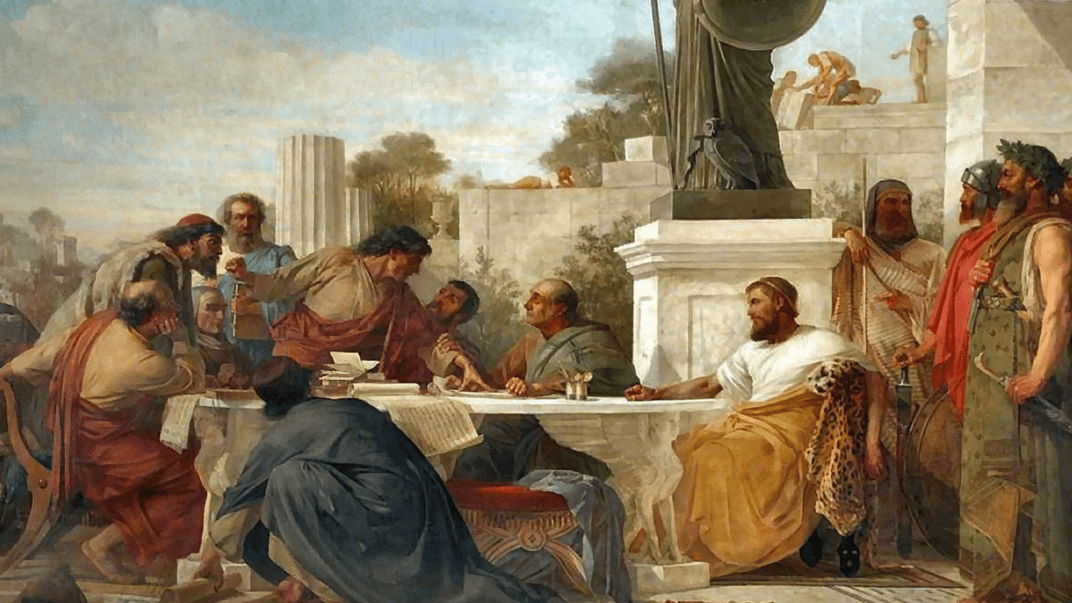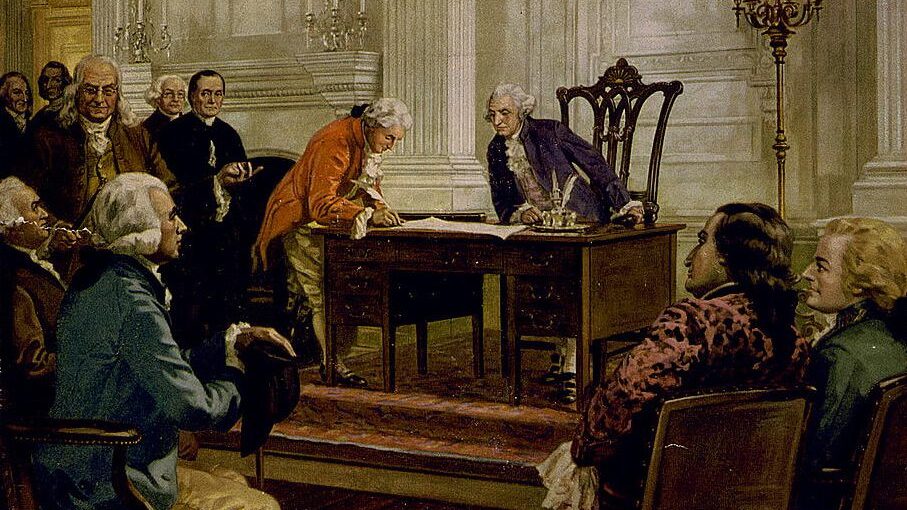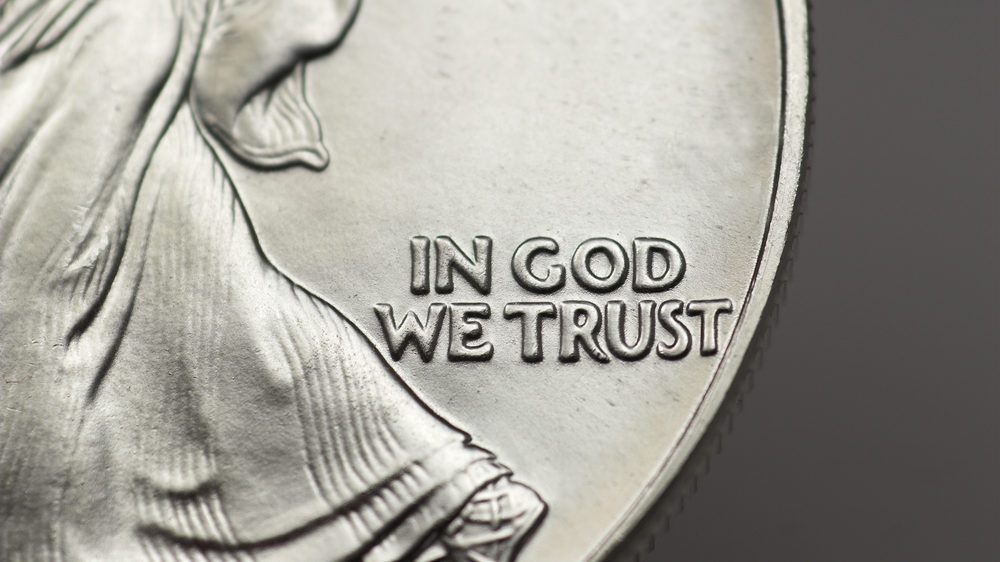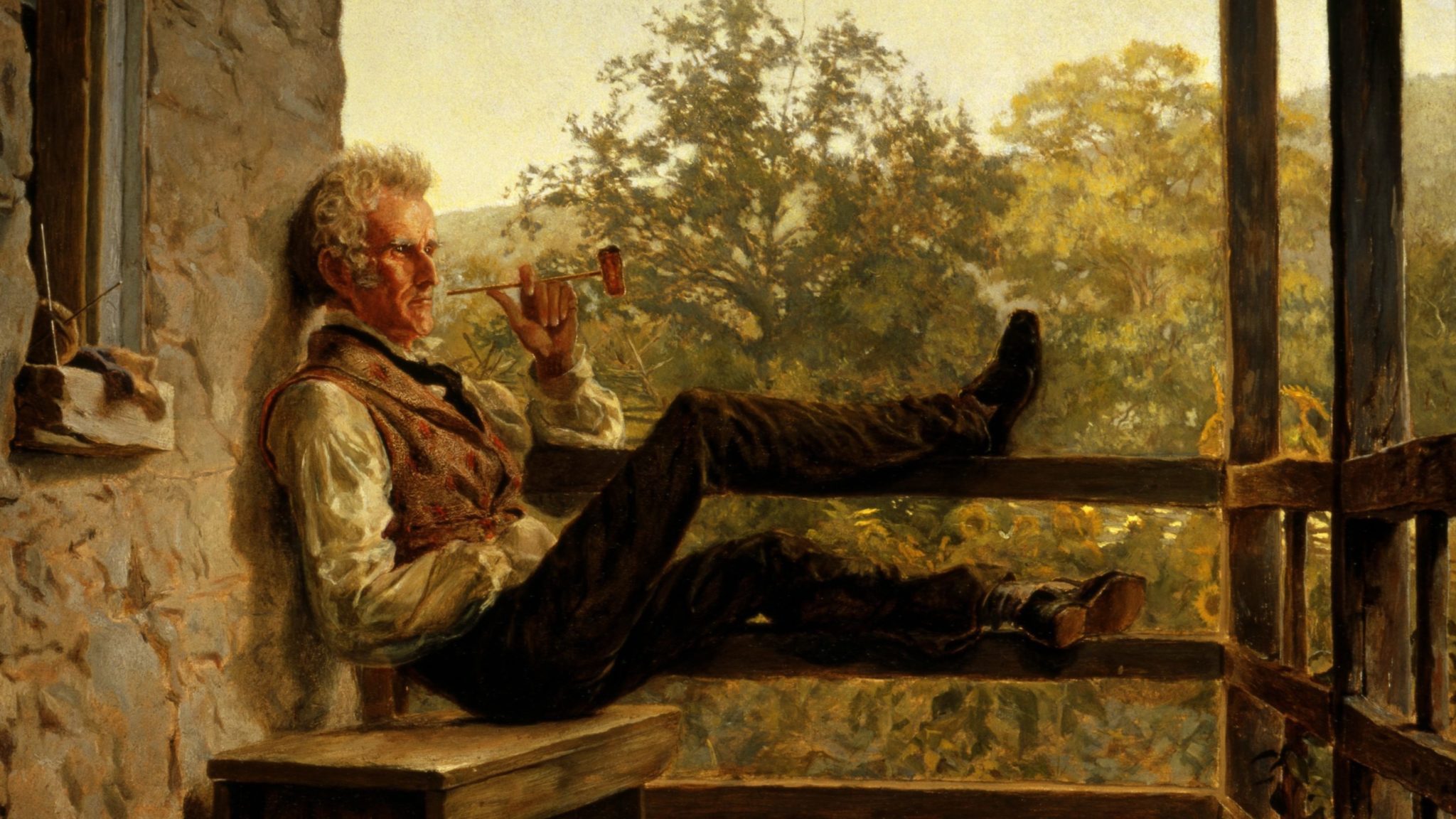
The Ethics of Restriction: A Dialogue Between a Pagan and a Christian
Is it better to deny an immigrant entry to a country on the basis of who they are or what they believe?

Is it better to deny an immigrant entry to a country on the basis of who they are or what they believe?

Mary Harrington’s scorching polemic urges us to rediscover feminism’s reactionary potential.

In this episode of our “Occasional Dialogues” series, Kurt Hofer interviews Patrick Deneen, professor of political philosophy at the University of Notre Dame. They discuss his new book, “Regime Change: Toward a Postliberal Future,” which Deneen says continues the themes of his 2018 book, “Why Liberalism Failed,” but with a constructive project in mind: he proposes a bold plan for replacing the liberal elite and the ideology that created and empowered them.

By asserting that the common good does exist and can be defined and applied, Vermeule contests the cultural Left and libertarian Right’s chimera of a values-neutral jurisprudence.

A constant undercurrent of the conference was the oscillation between equally eloquent articulations of despair at the present and an intrinsically Christian hope for the future.

In trying to make sense of the current madness, it is easy for anyone to be like the blind men with the elephant.

Continetti’s history of the first hundred years of the American right holds lessons for the next hundred.

Can the lived conservatism of the Postliberals find common ground—and common political cause—with the universalist notions of natural right, justice and equality espoused by the Claremont School? On this question, I believe, hinges the fate of a new conservative fusionism updated to meet the challenges of our time.

Must liberalism be leveled completely by the New Right, so that a new conservative edifice may emerge from its ruins? Or must the meaning of liberalism be reclaimed for the Right and from the historiographical distortions of the progressive Left? Haivry and Hazony, Deneen, and Legutko appear to answer in the affirmative. However, a compelling alternate view is offered by Spanish philosophy professor and politician Francisco José Contreras.

The critiques of postliberals are all useful correctives in this regard. Nonetheless, conservative scholars—and perhaps even more so conservative politicians—must beware the potential perils of embracing postliberalism as a term and concept.